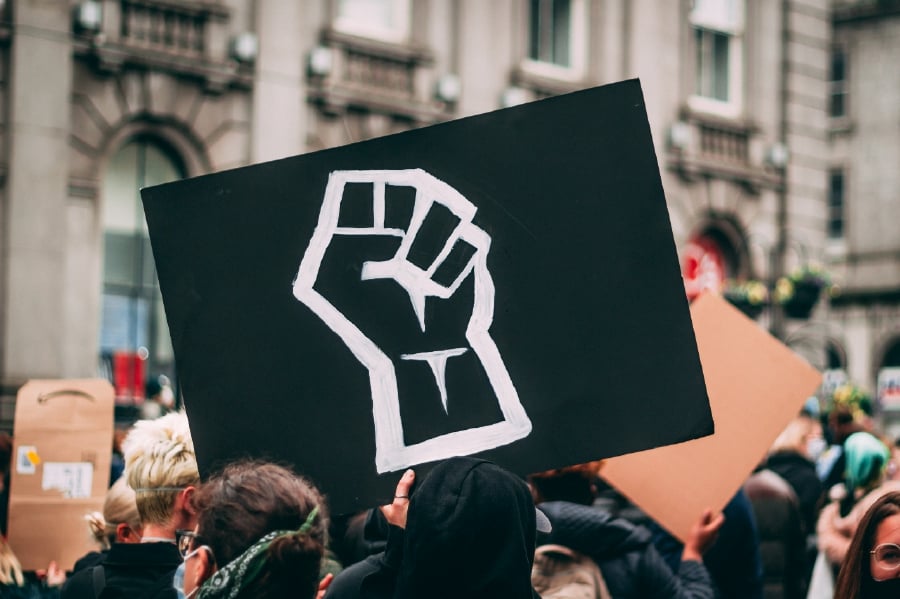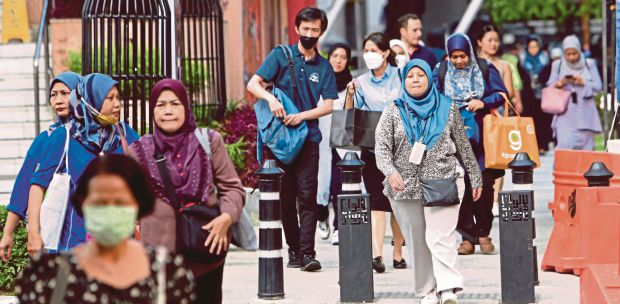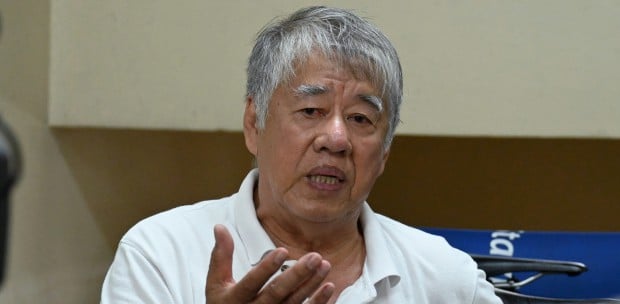IT is no secret that the world has grown obsessed with climate change.
This is no surprise. Many worry that climate change will unleash a force destructive enough to wipe out entire communities.
An abnormal heatwave recently hit many parts of Europe, and extreme flooding has become normal in most countries.
These are warning signs of a warming world.
The most vulnerable are those living in low-lying coastal areas and small island nations.
If the rise in sea levels continues unchecked, as is happening right now, much of the Pacific islands will be submerged.
That explains why at every meeting of the United Nations Climate Convention, representatives from the threatened islands join forces to press world governments to address global warming by reducing their greenhouse gas emissions.
Renewable energy is gaining favour with businesses as they struggle to bring down their carbon footprint.
Those which fail to comply with this shift will be less favoured by investors and customers alike.
Many, however, may not realise that a new candidate has emerged to vie for the top spot in global threats, which is currently held by climate change.
It is the global rise in the culture of hate.
The issue is, unfortunately, not as well-publicised as climate change.
Experts who are monitoring global concerns and threats have, of late, raised the red flag on hate.
They have assessed the many forms of hate, which includes hate on the basis of ethnicity, religion, skin colour and tribal differences, and have concluded that the culture of hate is an even bigger threat to humanity than climate change.
Some have even suggested that reducing hate be made into another sustainable development goal.
If we look at what has been happening worldwide in terms of conflicts, it is difficult to dismiss the potentially destructive force of the hate culture.
Hate on the basis of skin colour is still thriving in the United States.
Despite the declaration to end slavery in the 19th century, that hatred has never been wiped out.
In fact, with the growing number of immigrants in the country, especially from Latin America, this brand of hatred has risen.
Some semblance of it has also been reported in European countries. Evidence of the phenomenon grew more convincing as more refugees from Africa and the Middle East entered Europe.
Unless kept in check, localised conflicts may grow into large- scale wars.
Religious hatred is another major concern.
We have seen this escalating in many parts of the world.
Years ago, we saw how religious hatred culminated in Yugoslavia splitting into smaller states.
Of course, the Palestinian conflict is another issue which has yet to show any signs of ending.
Closer to home, the Rohingya issue is now being discussed at the International Court of Justice.
India is also witnessing a worrying trend in terms of escalating religious hatred.
Left to fester, this can lead to a serious social rupture.
There are many other examples around the world.
The question before us is, why is this being allowed to happen?
Why is the international community not taking action to avoid such developments?
Where is the United Nations?
Often, religious conflicts are closely associated with ethnic hatred.
All countries around the world have experienced this rise in hate in people of different ethnicities.
Such ethnic hate has given rise to discrimination and misunderstanding.
Though many believe education is the tonic that can free the world from the hate culture, no serious action has been taken to include the study of hate in school curriculums.
Instead, the way education is practised and organised is often the complete opposite.
We talk a lot about education for sustainable development.
It is time we created a curriculum to increase tolerance and eradicate the culture of hate.
The writer is a professor at the Tan Sri Omar Centre for STI Policy, UCSI University





